 I remember years ago when I was a teen and I first announced to my parents that I wanted to become an author.
I remember years ago when I was a teen and I first announced to my parents that I wanted to become an author.
Their response was something along the lines of: “But don’t you need a degree to publish a book?”
I stared at them with a weird, puzzled look and tried not to laugh. To me, the answer seemed obvious: of course you don’t.
But now that I’ve been through college and have experienced our society’s obsession and pressure with attaining a college degree, my parents’ confusion makes sense. In today’s world, everyone expects you to acquire a degree, and it’s assumed that without a degree you can’t do much else besides flip burgers. So how could you do something as intellectual and professional as publishing a book without *gasp* a college degree?
The beautiful thing about art is anyone can be an artist. Anyone can be a writer, and anyone can publish a novel. Whether or not it’s good is another story, but its always fascinated me that unlike other professions, you don’t need any sort of certification or degree to become an author. You just need a story to tell and the ability to do so.
Because writers don’t need degrees to become authors, our career paths aren’t so clear-cut. To become a doctor you need a degree in medicine. To become a teacher you need a degree in education. But to become an author you can get a degree in anything…or nothing at all. Writers are oddities. We’re divergents who don’t fit neatly into the system of college education. And that seems to both unnerve and perplex people.
To help us writer anomalies fit into the college system, we now have Creative Writing programs. Sure we had English programs before, but Creative Writing is more specialized and focused toward authors, poets, and playwrights rather than columnists and journalists. And while newspapers and magazines require you to have an English degree, no one can require you to have a degree of any kind to become a published author.
You see, the thing about publishers is they don’t care whether you have a BFA, a PHD, or were a high school drop out. As long as you can tell a good story that they feel they can sell, that’s all that matters. The only thing they require is that you be able to know your way around a story. Heck, if you look at some of the published fiction out there you’ll see that the quality of the writing doesn’t even have to be that great.
So if publishers don’t require you to have a Creative Writing degree, then why should you get one?
Most people pursue Creative Writing degrees because a) they love to write, and, b) they want to learn how to become a better writer. But here’s the thing: you don’t need to complete a Creative Writing program to learn how to write! Similarly, completing said program will not guarantee you a publishing contract.
So, if you don’t go through a Creative Writing program then how do you learn to write? I’ve written a post called 10 Ways to Become a Stronger Writer, and it outlines all the ways we learn to write and how you can improve your writing.
Personally, I have an Interdisciplinary degree in Creative Writing and History, but I didn’t learn how to write fiction in college. Almost everything I know about writing I’ve taught myself through practicing, studying craft books, and scouring online articles.
Now you might be wondering: if I didn’t learn how to write novels in college, then was my college experience even worth it?
Yes, I do believe so. It helped me to grow as an individual, and I studied other subjects that I use in my writing like history, sociology, and psychology. I also had the opportunity to study abroad and that has hugely influenced me as a writer. I was also challenged to write things I wouldn’t normally write, such as plays, short stories and poetry, and I’ve been able to take techniques from those genres and apply them to my fiction. I don’t think any education is ever wasted.
The question you really need to ask isn’t “Should I get a Creative Writing degree?” but “Is a Creative Writing degree right for me?” The decision is entirely up to you, and only you can make it. But there are a few points I believe you should consider when trying to make your decision. You need to weigh the realities with your dreams, because at the end of the day as much as we love to make art a writer still has to eat. I don’t know about you, but I don’t want to be a starving artist. I really, really like food.
3 Points to Consider When Deciding if You Should Major in Creative Writing
#1: Do you have any secondary passions, interests, or talents besides writing?
The basic goal of higher education is to obtain a degree that with allow you to get a job with a decent paycheck so you can make a living. The hard truth is, it’s really hard to make a living as a writer. Heck, it’s hard to make a living in any artistic field. If you have any skills or interests outside of writing, it might be worth pursuing those as a means of making a living and to write on the side. If you love animals, maybe you’d like to be a vet. If you’re love kids, maybe you’d like to be a teacher. If you love books, maybe you’d like to work in the publishing industry.
But what if writing is your only passion, the only thing you feel like you’re good at and your entire life? That’s how it was for me. For the longest time I was an Education major, but I was miserable because I wasn’t pursuing my passion. If writing is everything for you and you’re willing to put in the hard work of making a career out of writing novels, then take the risk. Go for it. If you fail, you’ll still have a degree. But if you don’t try, you’ll regret it forever.
#2: Will your Creative Writing degree pay for itself?
It’s no secret that college is expensive. And it’s no secret that it’s really hard to make money as a writer. So is it wise to invest thousands of dollars into a degree for a field that a) doesn’t require one, and b) offers little monetary compensation? When thinking about choosing a Creative Writing degree, it’s wise to research the other career options with which it will provide you, as well as the average incomes of those jobs. Can you get a return on your investment in your degree? Aka, pay off your loans and pay the bills?
It is possible to make a living as an author, but it takes time. You have to have several books published before you start earning a decent wage off of royalties, and you must continue to publish books. That sort of commitment isn’t for everyone. Are you willing to make your writing a full-time career, or would you rather have another job that pays the bills and keep your writing as a hobby on the side?
#3: How can you use your degree to make an income before you get published, or if you never become published at all?
Some people say Creative Writing degrees or English degrees are worthless because you can’t do anything with them. While that’s not true, it is wise to educate yourself about your options. I’ve written an article that lists jobs you can do with an English degree, most of which should apply to a Creative Writing degree because they are similar.
Research your options. Could you see yourself doing any of these jobs? Do any of them appeal to you? Are they difficult to break into? Keep in mind that you will need a way to make a living until you make publish enough books to become a full-time author, or if you never become published at all (though I certainly hope you do!). Also consider that you can find work in a field unrelated to Creative Writing, such as a receptionist, which still requires a degree but isn’t specific as to what kind. A Creative Writing degree is never a waste–it will still help you get a job that pays more!
So what do you think? Is a Creative Writing degree right for you? Do your research, weigh your options, and try be practical and realistic while pursuing your dreams. I wish you all the best!










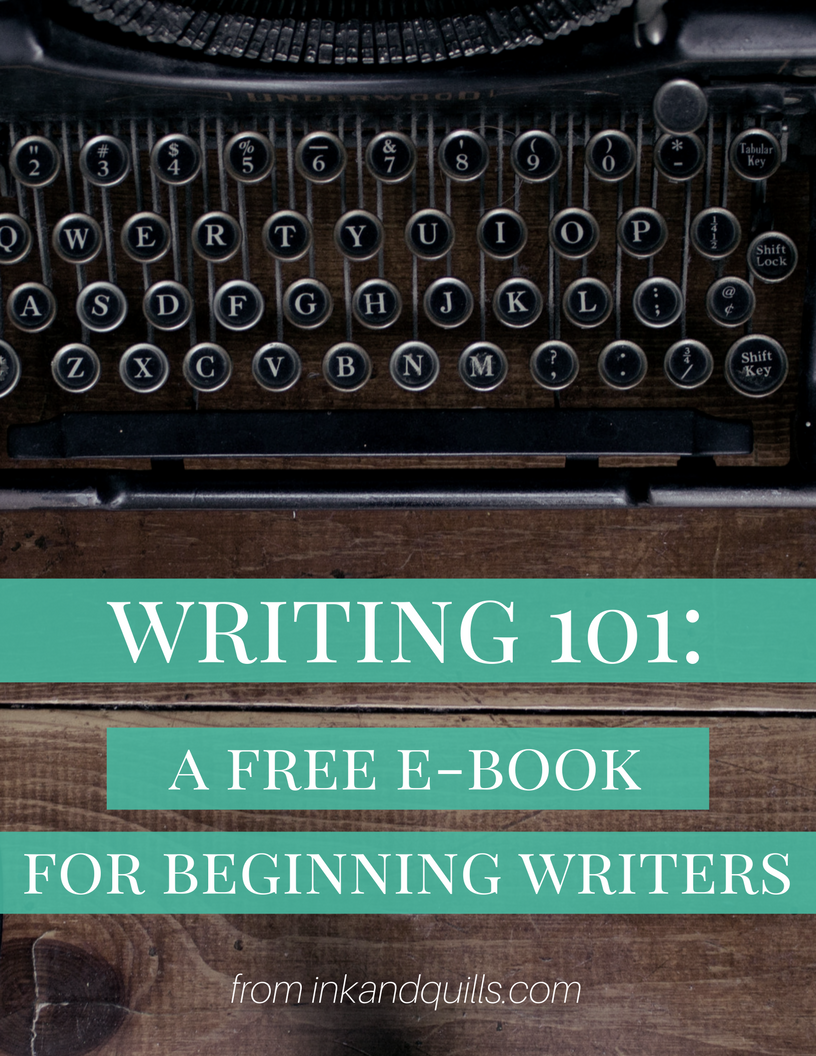

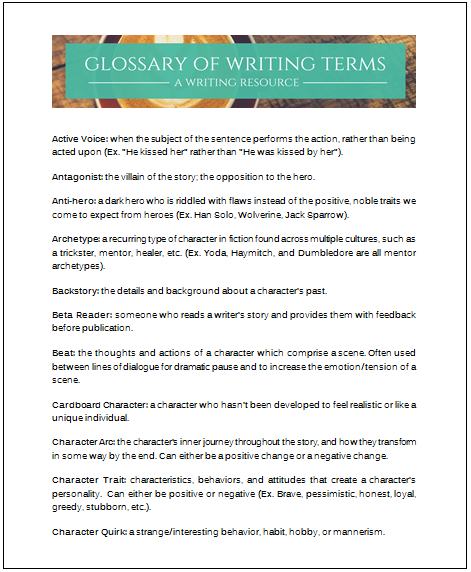

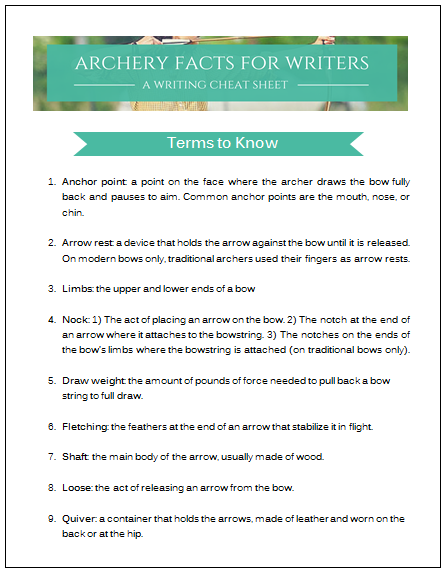



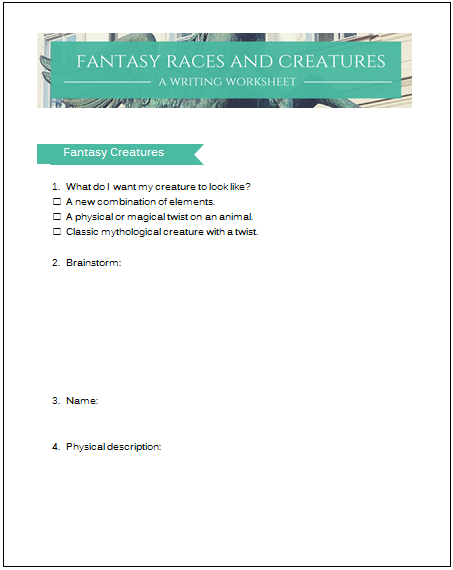


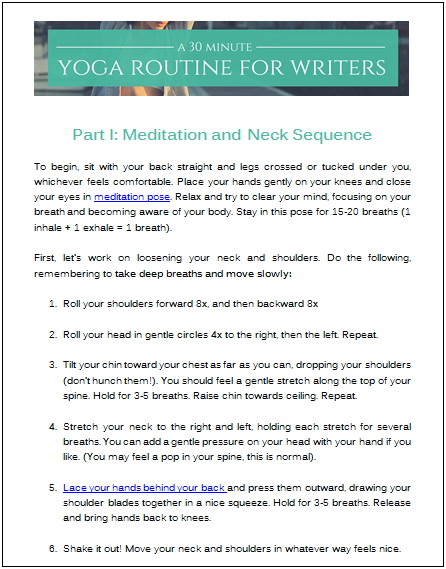
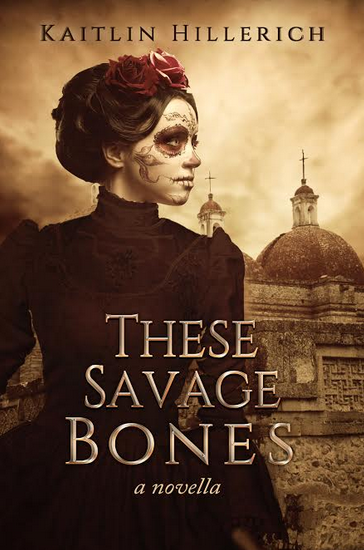
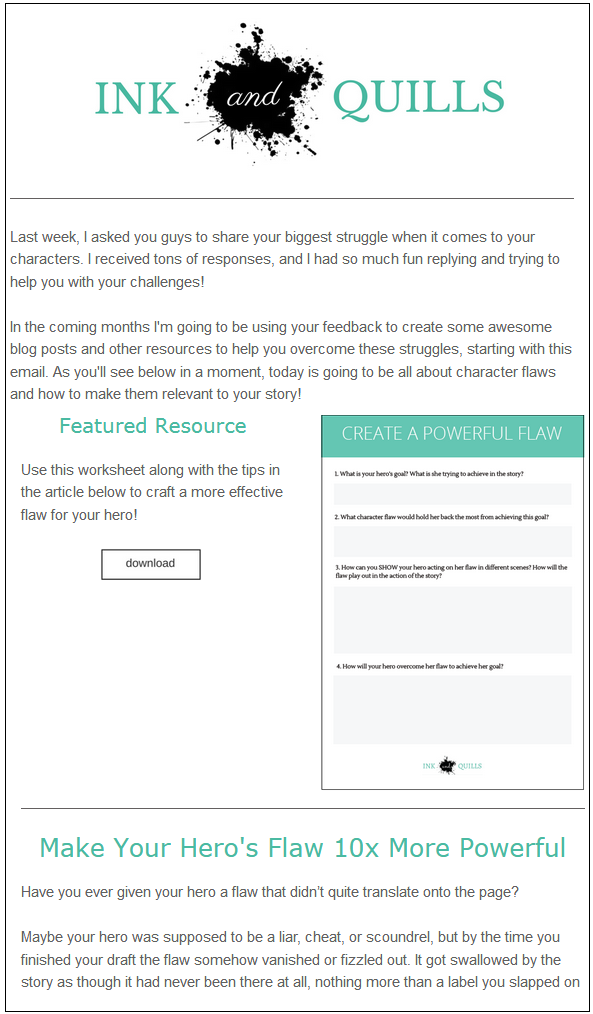
I’m really glad you said that education is never wasted!
I have a BA in English and History and an MLIS specializing in archives, but after graduating I got married and had two kids in quick succession. Besides two co-op semesters I’ve never worked full-time in “my field.” For many years I did work part time developing curriculum and grading papers for a correspondence school and I am currently finishing my first novel.
My education was challenging and interesting. It was beneficial to my correspondence school job and now I am using it to write contemporary fiction with a historical twist.
Thanks for sharing your thoughts!
Oh yes, learning is always valuable. I was an Education major before I switch to Liberal Studies, and before that an Art major. Even though it was expensive to switch around and took me longer to graduate, I don’t feel like I wasted time or money. It was an experience I had to go through to discover myself and what I wanted from my life, and I use things I learned from both of those past majors here on the blog and in other areas 🙂
I think a lot of people end up doing something different than what they went to school for. That’s great that your education was still beneficial outside of your field! And even more awesome that you are able to use it for your writing 😀 I wish you all the best with your novel! Thanks for stopping by!
There are also other programs that might worth it if you don’t want to pursue creative writing or English as a degree. I’m a few weeks away from getting a BS (yes I’m being serious here) in Professional Writing from Taylor University and it’s not something I regret in the slightest. From it I learned about the publishing world, freelancing, and got published a few times (for book reviews mainly). And it’s easiest to find jobs that have to do with editing (at least that is what I’m finding in my post graduation job search). Every company needs an editor of some sort to go over their ads and what not. Hopes this helps anyone who’s still trying to decide!
Either way, you are right about there being jobs that just want you to have a degree. You can’t even get a job at AAA answering the phone without a degree. They don’t care about what you major in just as long as you have a degree in something. So degrees do help period. But if you’re going to spend that much money on it, it better be something that you’re passionate about!